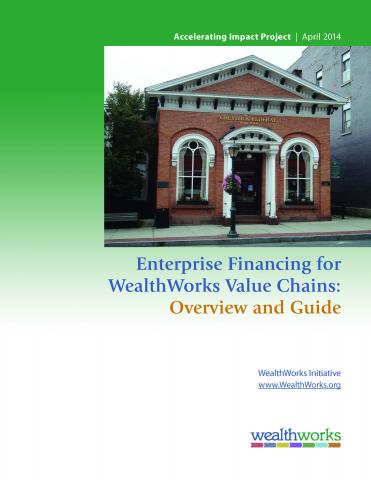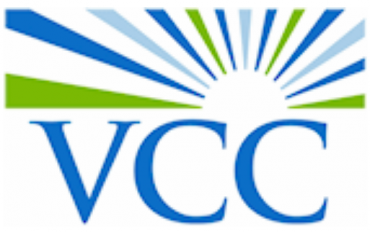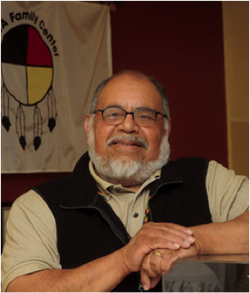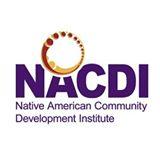This month we interview Rey España, Director of Community Development at the Native American Youth and Family Center (NAYA), one of the largest and most successful urban Native American centers in the nation. In the past decade at NAYA, España has helped launch a number of projects, including an individual development account program, an affordable housing portfolio, a private high school serving Portland’s Native American community, and two social enterprises. NAYA is now looking to develop a Community Development Financial Institution to provide loan assistance for NAYA’s microenterprises.







